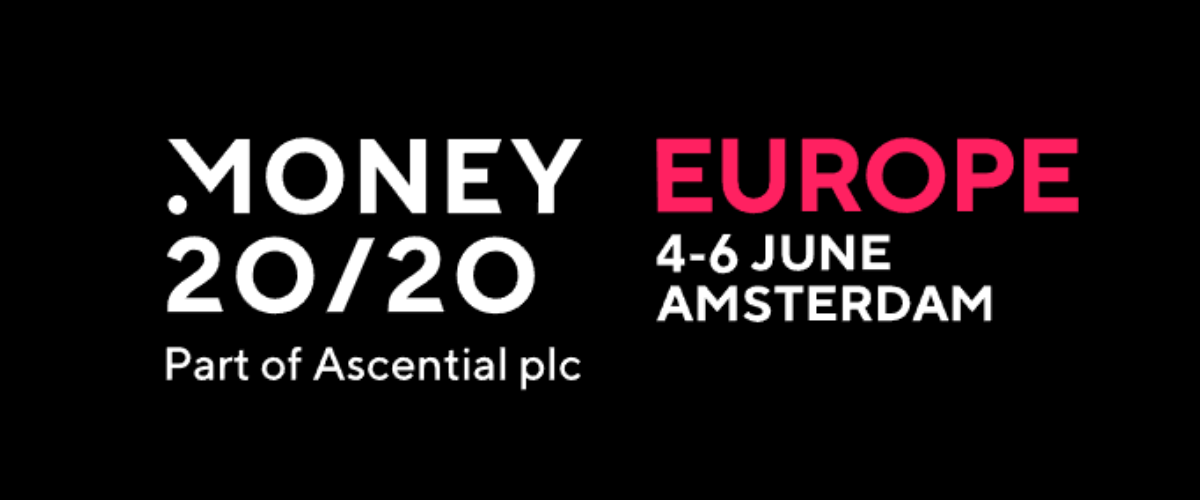Dive into the dynamic world of finance with our latest analysis highlights, exploring hot topics like from the challenges of retaining startup talent after acquisitions to climate goals for 2030, the reopening of the IPO window in sectors like SaaS and more.
The Challenge of Retaining Startup Talent After an Acquisition (Harvard Business Review)
The aftermath of startup acquisitions often sees a higher turnover of acquired employees compared to regular hires. J. Daniel Kim, Assistant Professor of Management at the Wharton School at University of Pennsylvania, analyzed U.S. Census Bureau data from 1990 to 2011 and found significantly higher turnover rates among acquired workers. The disparity arises from how individuals enter their roles; regular hires carefully evaluate job options, while acquired workers experience abrupt shifts without the chance to assess fit beforehand. The lack of choice can lead to challenging adjustments post-acquisition, resulting in higher turnover rates. Acquiring companies should consider letting the startup maintain independence and convincing top management, like founders or senior managers, to stay to prevent employee departures and the creation of competing ventures. Read more
Climate goals for 2030 are feasible in many sectors, says ABN Amro (BNR)
ABN Amro researchers suggest that Dutch companies, accounting for over 80% of the Netherlands’ total greenhouse gas emissions, can help achieve climate goals for 2030 by embracing existing low-carbon technologies. The building materials, paper, and chemical industries, in particular, can reduce energy consumption and decarbonize primary production processes. ABN Amro emphasizes that manufacturers of building materials have already made significant progress, with emissions from the sector decreasing by 53% between 1990 and 2022. The bank encourages further focus on alternative energy sources such as heat pumps, residual heat, and solar energy to achieve the goal of CO2 neutrality by 2050. Read more
Reopening the IPO window — Part 1: SaaS (Raphaelle D’Ornano via Medium)
The IPO market has experienced a freeze for nearly two years, impacting the liquidity of the entire VC-backed startup model. The lack of IPOs has created a liquidity crisis, putting pressure on startups to grow without accessing public-market funding. The article explores how the IPO market is showing signs of a thaw, and sectors like SaaS (Software as a Service) and Fintech are poised to benefit first. The focus is on SaaS IPOs, and the article outlines investor rules of engagement for evaluating potential candidates. The key areas of analysis include the quality of revenue, quality of growth, quality of margins, and balance sheet strength. Read more
FinTech-telecom fusion: Redefining digital finance (Economy Middle East)
The integration of FinTech and telecommunications has given rise to transformative advancements in the financial industry, particularly in digital payments. Mobile money services, exemplified by Vodafone’s M-PESA in Kenya, address gaps in traditional banking, providing financial services to previously underserved populations. Global payments have shifted significantly towards digital transactions, with instant payments gaining momentum through technologies like NFC and QR codes. Real-time payments (RTP) have experienced steady growth, meeting the demand for faster, cashless transactions. Governments endorse digital transactions for enhanced security, auditability, and efficient tax collection. The future of mobile banking and payments looks promising, with emerging technologies like blockchain and artificial intelligence expected to contribute significantly. Read more
The Fintech 50 (Forbes)
The Fintech 50 list for 2024, compiled by Forbes, showcases innovative fintech startups that continue to thrive despite challenges such as layoffs, lower valuations, and reduced venture capital support in the industry. With the funding for fintech startups globally declining from $141 billion in 2021 to $75 billion in 2022 and further to $39 billion in 2023, the list is still coming strong with companies across various categories. Payments, Wall Street & Enterprise, and Business to Business Banking are dominating, accounting for 27 of the 50 picks and seven first-time honorees. Notably, sectors like Real Estate and Blockchain and Crypto had fewer representatives due to specific challenges like interest rate impacts and recovery from scandals. The evaluation criteria encompassed product innovation, customer and revenue growth, and leadership team diversity, with companies headquartered or having substantial operations in the U.S. and not being part of a public company. Read more
How Two Former Spies Cracked The $11 Billion Cyber Insurance Market (Forbes)
Fintech startups Coalition and At-Bay, led by security veterans, are reshaping the cyber insurance landscape with advanced techniques for cyber threat detection. Both companies, active since 2017, employ innovative risk assessment methods, proactive vigilance, and rigorous screening. Their focus on small and midsize clients has allowed them to charge lower premiums, contributing to significant growth despite industry challenges. The text highlights Coalition’s proactive detection of a Russian hacking attempt, emphasizing the startups’ resilience in the evolving cyber insurance market. However, concerns about the sustainability of the cyber insurance sector are also mentioned. Read more
UK neobanks need to show sterling qualities, not just fintech growth (Financial Times)
The UK neobanks, including Revolut, Monzo, Starling Bank, Wise, and OakNorth, are experiencing remarkable and accelerating revenue growth while achieving profitability, distinguishing them from many fintech counterparts. However, concerns arise when considering these fintechs with customer deposits that yield low interest, often parked in central banks or short-term government bonds. The question emerges: are they banks or software companies? Evaluating their net interest income spreads and sustainability becomes crucial, especially in a rising interest rate environment. While these neobanks are trailblazers, potential public market investors will scrutinize not only growth but also underlying profitability and the quality of earnings in IPOs. Read more
–
Do you have any news to share? Please put [email protected] on your press list.
Curious to read and find out more from fintech? Then subscribe & read our full newsletters here. Stay tuned for more insights following up this week regarding the news piece.



